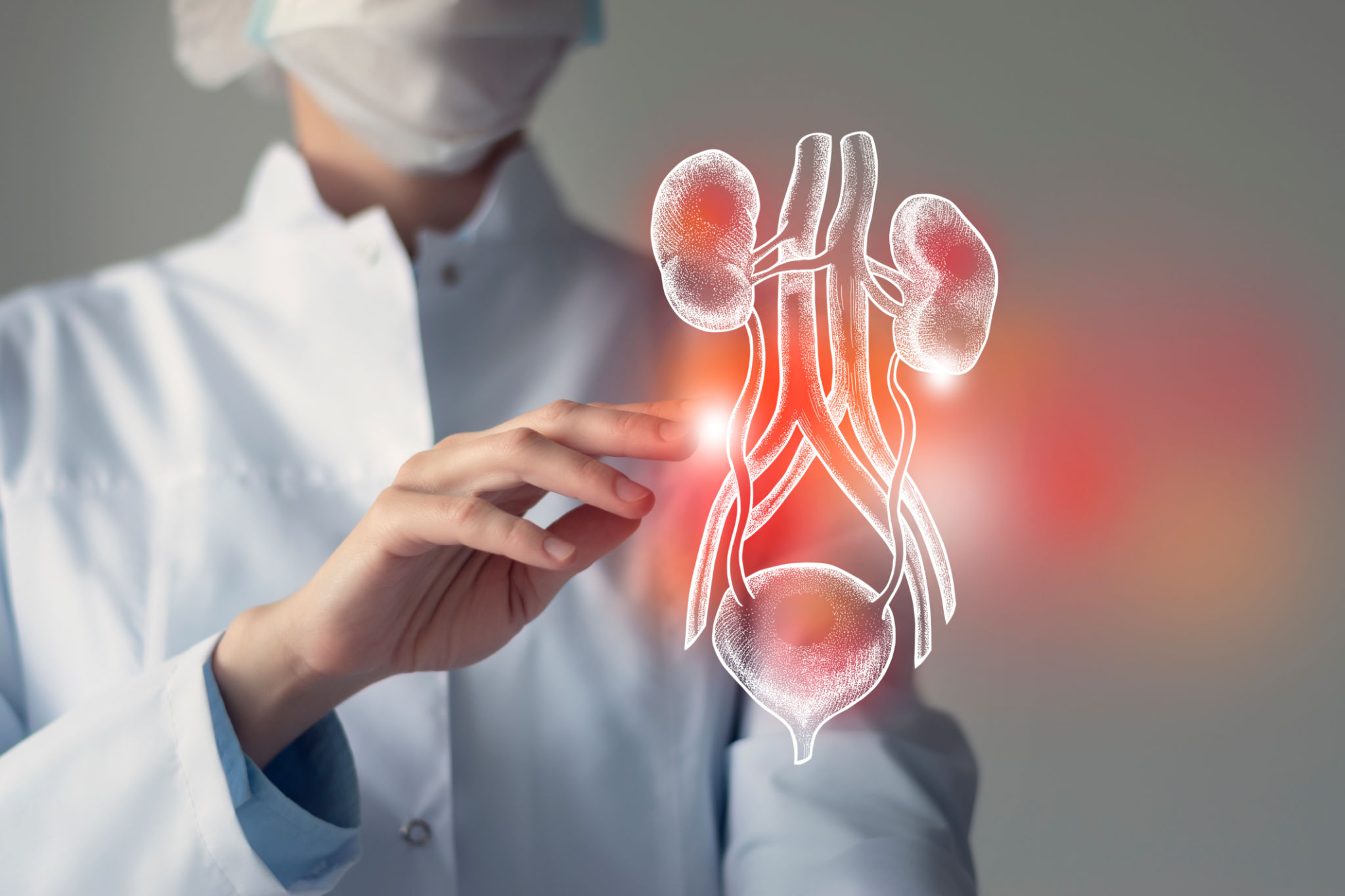Kidney Biopsy in Hyderabad at Bright Kidney Centre
A kidney biopsy is a diagnostic test. Kidney specialist doctors take tiny pieces of kidney samples and then send those samples to laboratory for observation and analysis – and then identify the cause of kidney disease. This procedure is known as kidney dialysis. The procedure can help in making a diagnosis and in choosing the best possible treatment.

A biopsy can help explain why a kidney is not working properly. Your doctor may prescribe a kidney biopsy to make a diagnosis in any of the following conditions:
- Hematuria, which is blood in the urine
- Proteinuria, which is excessive protein in the urine
- Abnormal blood test results
- Acute or chronic kidney disease with an unknown cause
- Diagnose nephrotic or glomerular disease
- To detect a kidney tumour
- Impaired kidney function, which causes excessive waste products in the blood
Pathologists observe kidney samples under a high-resolution microscope to see them in greater details. This is done to check for the signs of kidney disease. There are two ways of taking biopsy samples: 1. Percutaneous biopsy (through the skin) – in this procedure, a needle is guided to the right place in the kidney using ultrasound; 2. Open biopsy – urologists take kidney samples directly from the kidneys during surgery.
How to prepare for kidney biopsy?
Doctors’ advice people not to take aspirin or any other OTC pain medications such as naproxen, ibuprofen and Advil a few weeks before the biopsy test. They also instruct them to inform about other medications and supplements they are taking. Physicians recommend blood and urine tests prior to biopsy to rule out any kidney disease or infection. People are advised not to drink or eat for up to eight hours before the procedure.
How to Get Biopsy of Kidney Done?
Kidney specialist or a nephrologist trained in taking kidney biopsy performs kidney biopsy. It is usually performed in a specialist hospital. The patient should stay back overnight for keen observation. A slight sedation or general anesthesia is given. The patient lies down with a pillow under the rib cage.
Doctors spot the biopsy site using sonograms or X-rays or both or by injecting dye to mark or highlight blood vessels and kidneys. After identification of biopsy site, the area is cleaned and marked. The patient receives a local anesthetic to numb the area where the nephrologist inserts a needle. The patient will be asked to take a deep breathe and hold the breath for up to 35 to 40 seconds while the doctor pushes the needle through the skin, flesh and up to kidney. The doctor takes a kidney sample and cover the punctured site with a bandage. The complete procedure may take an hour or more.
After the procedure, you should rest in the hospital for a few hours. During this time, the staff will monitor blood pressure and pulse frequently. Most patients leave the hospital the same day. You may notice some blood in the urine for 24 hours after the test. A rare complication is uncontrolled bleeding. The patient should take 12 to 24 hours rest after the procedure.
You should inform the doctor if you have any of these problems:
- Blood in the urine more than 24 hours after the test
- Faintness or dizziness
- Fever
- Inability/difficulty to urinate
- Worsening pain in the biopsy site
Best Hospital for Kidney Biopsy
Kidney Biopsy in Hyderabad